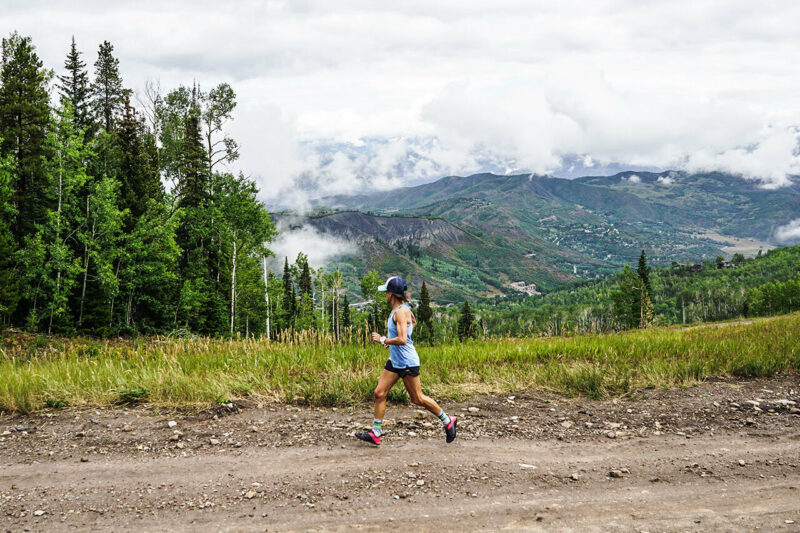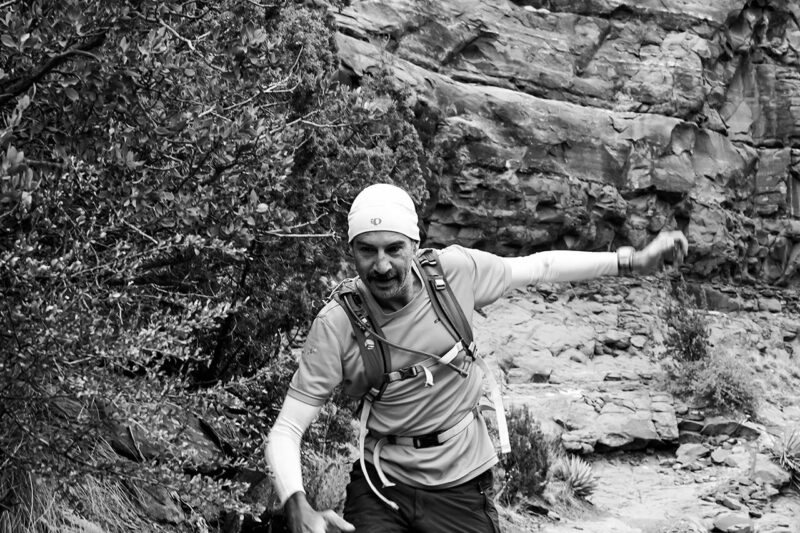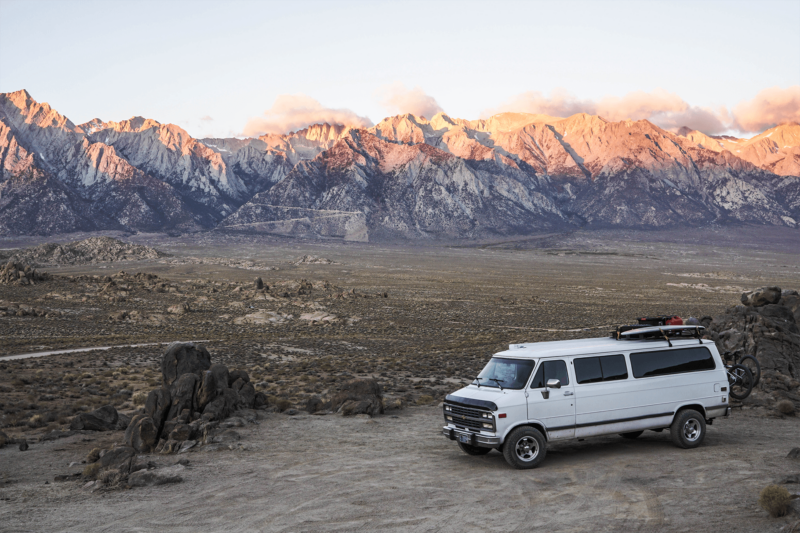How To Celebrate Our Rites of Passage
It’s the vernal equinox and one of my favorite days because it means more sun, more warmth and more dirt. Spring with her longer days and shorter nights has always signaled a transition out of hibernation – a rebirth of nature. Though we often happily notice bare branches blossoming, seemingly overnight, or snow melting into muddy trails, we don’t really take time to appreciate the value in honoring the seasonal changes. Modern life has worked to neutralize our experience into one comfortable state of being. We can get the same food all year long, we can turn on heat or air conditioning to regulate temperature and we can visit indoor gyms to keep up our running and riding regiments when weather might naturally keep us curled up by a fire. Similarly, I think on a personal scale the lack of recognition of seasonal transitions helps keep most of us from honoring necessary transitions along our individual paths.
Just as traditional cultures across the globe have honored the change in seasons as cues for lifestyle adjustments, they observed transitions in each life through ceremony, often referred to as a “rite of passage.” Most commonly the ritual was recognizing the transition to adulthood, through a wilderness and fasting experience. I was lucky to meet Petra Lentz-Snow here in Bishop, co-director of The School of Lost Borders, located down Hwy 395 in Big Pine. For almost fifty years the non-profit organization has been guiding people of all ages through their own rites of passage, which they call “vision fasts,” and include four days spent alone without food or shelter in the backcountry. Each student receives extensive guidance in preparation for, and follow-up to, the actual fast. Their website explains that “every course is a rite of passage, a border crossing from the past to the future, from the old to the new, from the outward to the inward, from the self to the Self.” In an episode of the Rewild Yourself podcast, Petra talks about how we have adopted a life of manufactured comfort as I wrote above, and gave a beautiful description of the history and importance of these rituals and what the school resurrects: the forgotten need to recognize and honor transitions in our lives. These can be anything from becoming an adult, to dealing with illness, managing a divorce, adapting to an empty nest or just feeling stuck. Every traditional rite of passage ritual involves three steps: separation, such as physically detaching from the community by venturing into wilderness; transition, trying out this new space, observing thoughts, quite literally “wandering in the darkness, sometimes in despair” (yogamag) and learning to cope; and incorporation, taking what you experienced and applying it to real life or learning to live with a new perspective. I don’t suggest that everyone needs to undertake the rituals that The School of Lost Borders facilitates, but I do encourage everyone to start observing how our lives are constantly evolving, and stop fighting instinctive transition.
Modern Western culture has some remnants of these rites of passage. Marriage could be argued as one, although I am not convinced we are as thoughtful or reverent about the ceremony as we could be. Bar Mitzvahs and Quinceaneras celebrate a passage into adulthood, but again, often without real recognition of their meaning or helpful guidance from the “tribe.” Consider that the whole cycle of life can be seen as the three step ritual. We are born into this experience on earth after being separated from whatever came before. We stumble through decades of living, trying to figure out what is going on and making sense of our environment. Eventually – hopefully before our deathbed, although it seems this is where great insights are often made – we find a comfortable way to share our gifts and connect with others. Then, likely the cycle starts over.
I always knew there was a part of me that felt more at ease when moving, and so we committed with faith that the transition of residences would bleed into transition of other aspects of our selves.
While I can distinctly look back and identify no less than eight or nine clear phases in my personal history, from childhood we are usually guided to find our one path. Stick it out, don’t be a quitter, stop flaking out. I’ve been terrified of trying new things for fear they won’t work, I won’t like them but I’ll be stuck because quitting is equivalent to failure. Stuck in a job, stuck in a house, stuck in a city – a car, a relationship, a sport or hobby. Stuck in an identity as the quiet, nerdy, unremarkable, passive girl. Stuck in an identity as the skinny runner. I am proud to say I have broken free from many of these stations, with some to work on of course, through various, sometimes radical, modes of transition. I’m not sure, however, that I was usually very conscious of the process.
The process can come in totally individual forms, but it must involve coming to an understanding of what you value, what makes you feel “right,” what makes you feel “wrong,” what you are comfortable being uncomfortable with and letting go of what may have worked for you in the past. I’ve rather abruptly moved to a new state a couple times, separating myself from a known environment, fumbling for jobs and friends in a new place and figuring out how I fit into the unfamiliar space. For me, it seems I fit for a while, but then recognize I’ve changed again, I need something else, and another transition begins. On a smaller scale, I see my passion for ultrarunning born out of a desire to experience a type of rite of passage. A race, or long run, removes us from orderly, routine life and sends us into unknown trails where we grapple with hunger, energy, thoughts and after conquering discomfort and fear we finish a new person. The confidence, joy and maturity that come out of the experience are surely, sometimes unconsciously, extended into daily life. Ultramarathon is a celebration of, and a means to, transition as a person.
I see now that the decision to move our lives into a box and onto the road was a conscious decision to embark on a rite of passage. Paul and I both wanted to extricate ourselves from the static, complacent lifestyle we felt stuck to. I always knew there was a part of me that felt more at ease when moving, and so we committed with faith that the transition of residences would bleed into transition of other aspects of our selves. Stage One, the exodus, was hard for sure, but exciting. So far we’ve spent six months driving thousands of miles through seven states and through Stage Two itself, trying the mobile life out. We’ve also tried out idea after idea for how to creatively offer ourselves to the community and balance that with the overlooked need to keep income flowing. It seems we like traveling, we look forward to snuggling into our sleeping bag cocoons each night and we want to keep it up for the foreseeable future. So, Stage Three is upon us and we have to devise a way to make it our new “normal.” Admittedly we are freaking out a little!
With this lifestyle it is impossible to ignore the seasonal transitions that can be mediated with more modern conveniences. The van is hot, or cold, or damp or sometimes even perfectly pleasant depending on the weather. Each morning the sun peaks a little more or a little less over the mesa we are camped near. We’re reminded constantly of the ever-present transitions of nature. Everything changes; nothing is permanent except for our real Self – our true energy – which simply takes on different forms and roles to stimulate growth. It is unnatural to expect the same emotions, the same desires, the same job or car to meet our needs through each phase in life. A tree has not failed when its leaves fall off; they are released to make space for new, unique expression of beauty to emerge. What branches can you clear and what’s your next passage to explore?
— Susan






